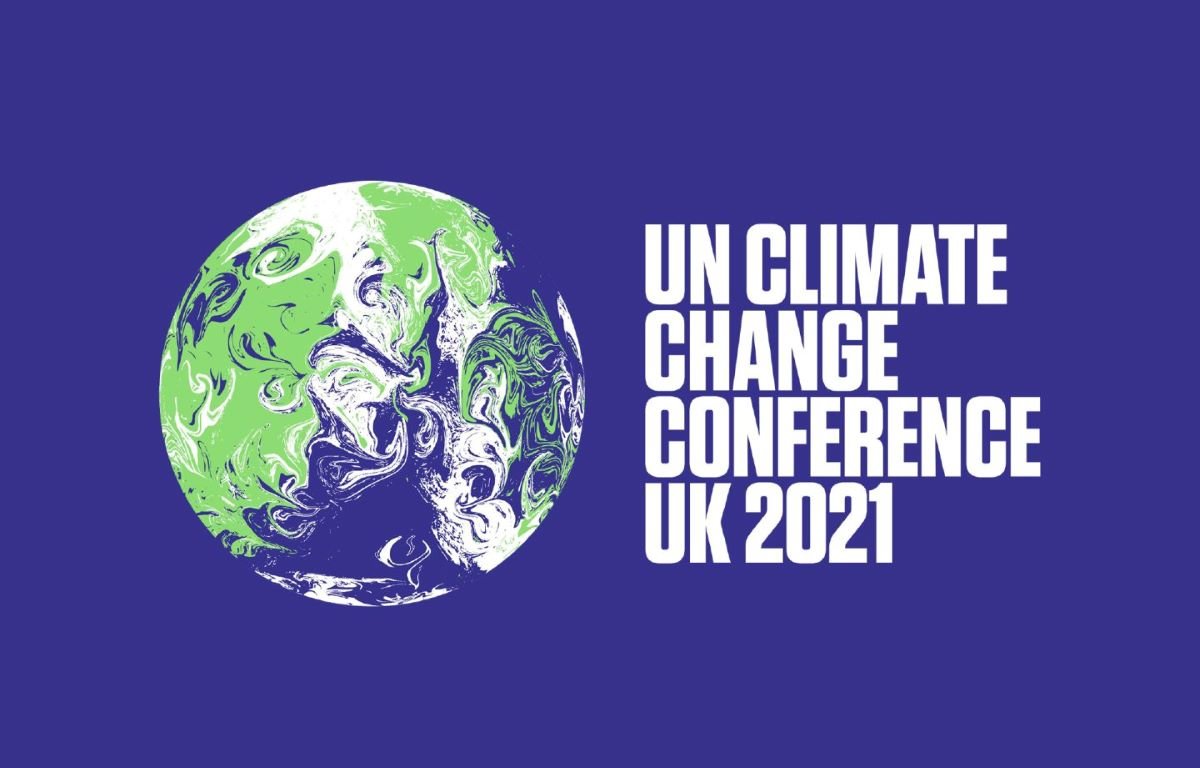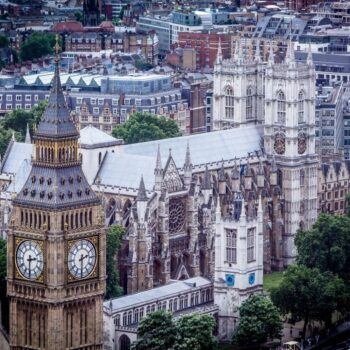Why does COP26 matter?
- First major meeting on the climate emergency since 2019: Climate impacts are hitting earlier and harder in all countries. Public expectations for action are high and potential for loss of confidence in UNFCCC system is real.
- Response to the IPCC’s ‘Code Red’ warning: commitments going into COP26 won’t be enough to keep below 1.5˚C. A major task for COP26 is to set out an acceleration pathway to close the gaps.
- Public test of multilateral efforts to slow global warming: as the first ‘delivery and ambition’ COP, it is a test of whether the Paris Agreement ‘ratchet’ ambition cycle is working and adapting, and whether governments are taking their Paris promises seriously.
- Climate is now a mainstream political issue: from Xi/Biden climate leadership contests at UNGA to Draghi’s ‘G20 Climate Summit’, climate has been a golden thread of cooperation through a tumultuous 18 months. COP26 is the landing ground for delivery from that cooperation and to spur coalitions on linked issues.
- COP26 has already shifted the global economy whatever happens in Glasgow: Faster reductions in the costs of renewables and EVs mean, in aggregate, countries have already delivered more than was offered in Paris; pledges increased from 2.7-3.5˚C in 2015 to 2.0-2.4˚C today. It makes economic sense for most MICs to shift from coal to renewables.
- 2021 climate outcome will shape COVID-19 recovery trajectories: level of climate ambition signalled by COP26 will shape political and investor perceptions of climate action going into the intense debates over COVID recovery, debt relief and economic reform which will dominate 2022.
The task at COP26
How COP26 can accelerate action in the 2020s to close the gaps to the Paris Agreement?
In order to close the gaps to the Paris Agreement goals, we need:
- Increased commitments to ensure 1.5C is credibly within reach in 2020s.
- Global finance package to deliver 1.5C and protect countries from climate impacts.
- Global deals that “make coal history” and begin transition out of all fossil fuels.
What to expect at COP26?
- All the major powers want a successful Glasgow, and no-one wants to be blamed: but different perceptions of what “good” looks like could still derail negotiations.
- The beginning is key: The critical path is the Leader’s mandate to deliver 1.5˚C acceleration package from the opening session, especially if G20 fails to deliver clear outcomes on 1.5˚C alignment and coal phase out.
- Risk of a ‘blame game’: UNGA announcements showed US and China competing to be green champions for developing countries. Although, President Xi’s no show, lack of increased Chinese NDC, and/or US failure to pass domestic legislation could open gates for a geopolitical blame game.
- Focus on finance: OECD countries’ Delivery Plan shows the $100bn promise will be met and exceeded from 2023 – but increased support for adaptation in the most impacted countries less advanced. Besides the $100bn, trillions need to be mobilised for climate transitions.
- Concerns about COVID: Issues around access to, and inclusivity of, COP26 seem to have died down. However, risks of an outbreak could derail effectiveness and legitimacy of negotiations (coupled with Glasgow strikes).
A high risk COP which will go down to the wire if there’s a chance for a major outcome.


